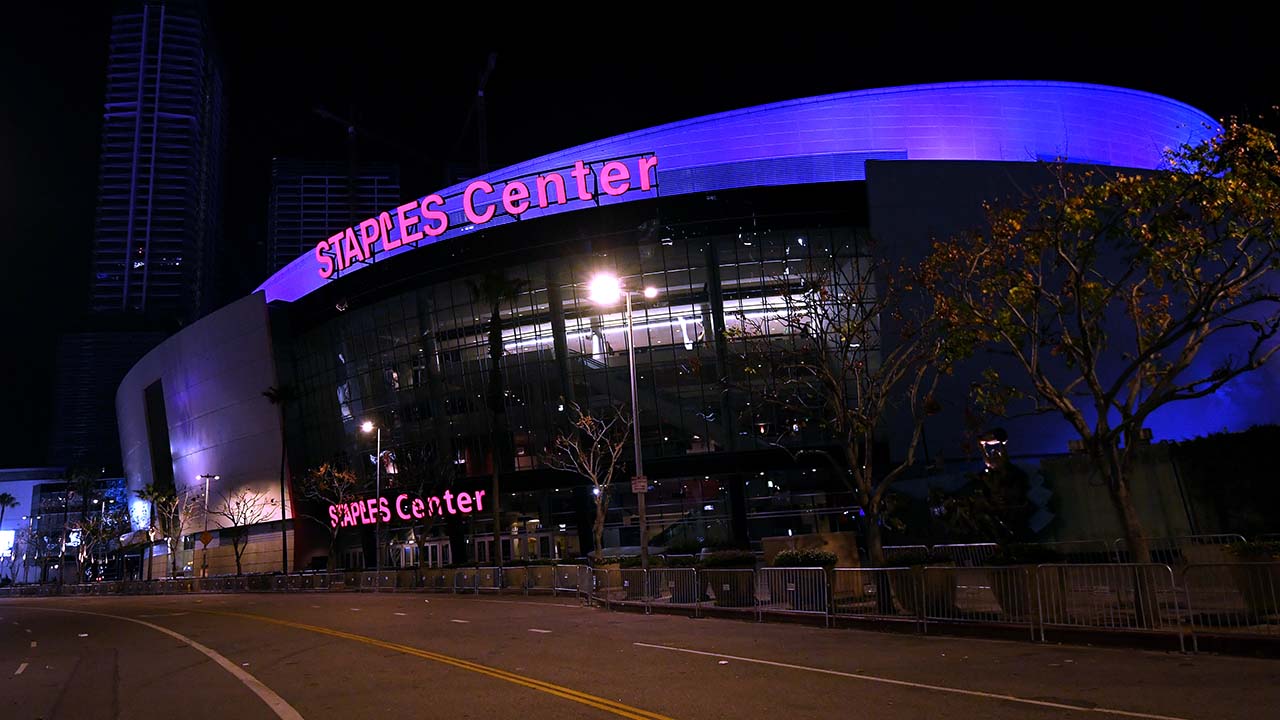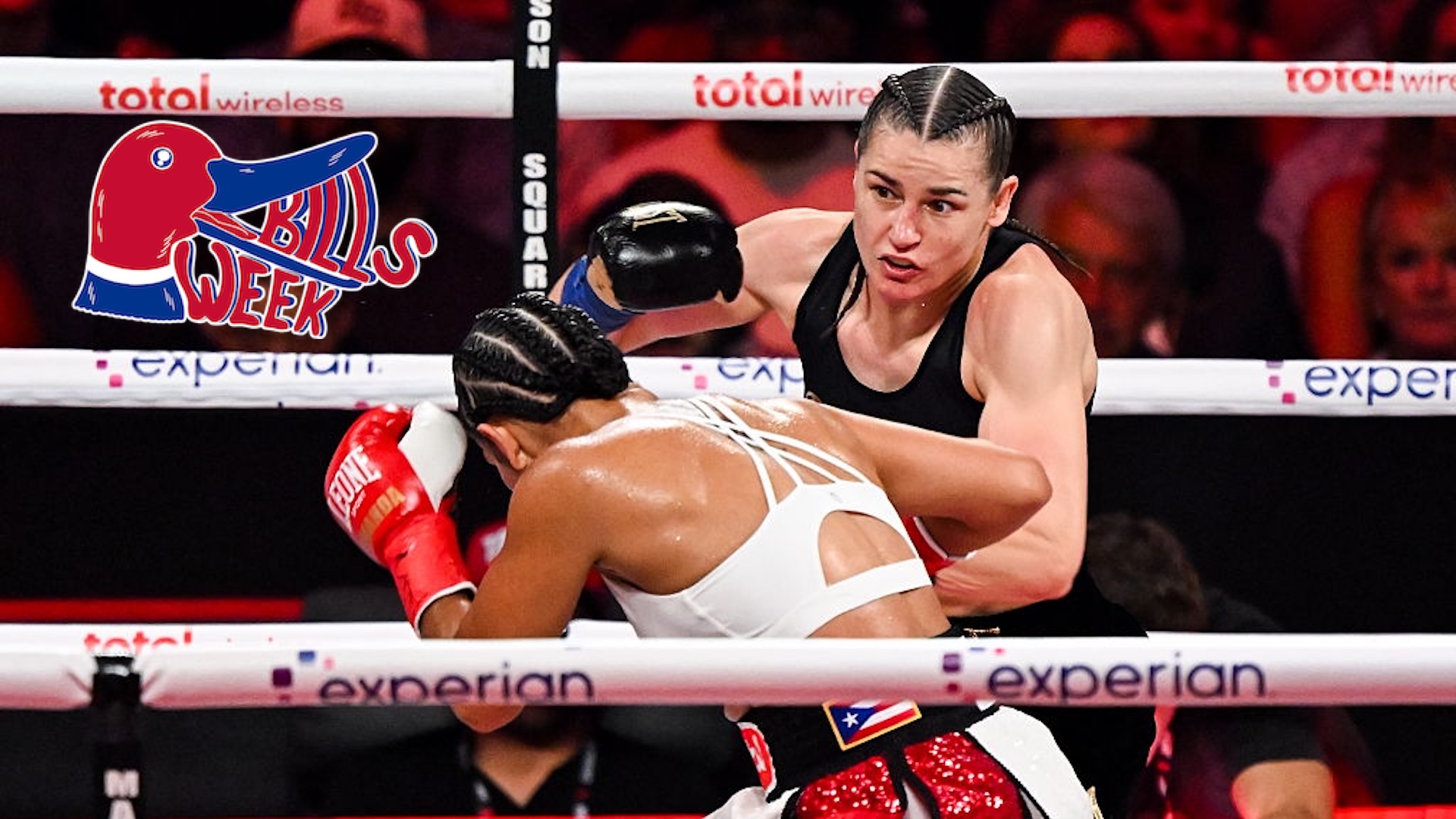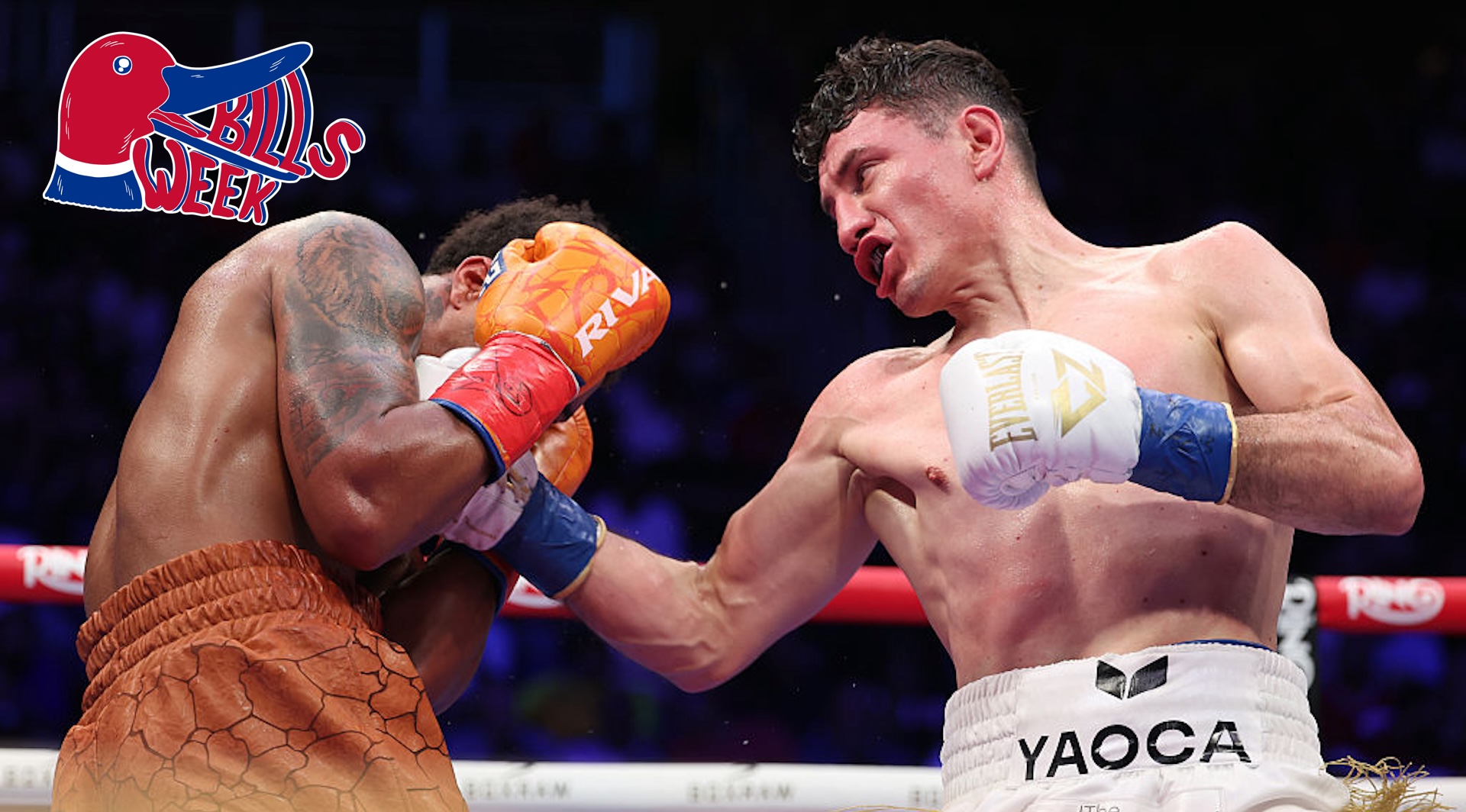My mom and I would always go to the Sixers' home opener. Almost every year in the 1990s, we’d head to South Philly full of hope. Usually that hope was gone by the time the season's first 48 minutes of basketball were finished, but it didn't matter. We always had a good time.
In 1996 she took me to not just the season opener, but the first Sixers game in their brand new building. Originally deemed Spectrum II, the building opened as the CoreStates Center. It was named after the former Philadelphia National Bank, which had adopted that name after playing around in the 1980s merger scene. The naming deal—$40 million over 29 years—was the first for a Philly arena. CoreStates told the press it was a small part of its budget and took out ads in local papers: “Remember? Remember those nights? They were magic. The place was going nuts. Everybody on their feet, jumping around, hugging each other. We never wanted it to end. We were champions. We won it all. Like, who could forget? You could get tears in your eyes remembering.”
Twenty-five years later, you would still have to remember those old titles to get teared up. Neither the Sixers nor the Flyers have won a title since the building opened. That the now-defunct Philadelphia Soul, an arena football team, won three while playing in the building is no consolation for most Philadelphia fans. You could get tears in your eyes remembering CoreStates, too: That bank is long gone.
A little over a year after the arena opened, First Union announced its intention to buy CoreStates. A few years after that, the bank acquired Wachovia and took its name. When Wachovia nearly became insolvent during the financial crisis, Wells Fargo bought it. As such, the arena has had four different names since opening. I don’t really know what to call this building. The Center? WFC? The only good nickname it has had was “FU Center.” It doesn’t feel the same as the old arena, the Spectrum.
As such, it’s no surprise that Sixers fans are lapping up the team’s new Spectrum-inspired uniforms. Sure, throwback jerseys have been in vogue all millennium, and these jerseys are cool looking; the team has also done a nice rollout, although the only Spectrum jersey currently available appears to be Ben Simmons. Still, Philly fans have been trying to re-capture the feel of the Spectrum basically since the new building opened.
As someone who also agrees with that sentiment, I can also admit I find it very silly. When I returned to crowded events at the Spectrum after the opening of the new arena, I found it terrible. The first one I can remember was a Pearl Jam concert in 2003. (It closed with “Fortunate Son”/“Rockin’ in the Free World”/“Yellow Ledbetter.” I wouldn’t get to hear “State of Love and Trust” live until that summer in Hershey.) The concert was fine, but the experience of walking through crowded concourses and standing in long bathroom lines was much worse than anything I’ve dealt with at the building currently known as the Wells Fargo Center—even Wing Bowl. The reason that Philly fans like me yearn for the Spectrum is not that it was somehow better, but that it felt more real—it had more of a sense of place than the new building will ever have, and not just because the teams won titles while playing there. I was only four months old for the last one; I don’t remember it. Part of it is that it the building had an actual name.
Last night, news broke that the Staples Center was being renamed. The building, which opened in 1999, will be known as the Crypto.com Arena starting with the Lakers’ game on Christmas. The company paid $700 million over 20 years for the rights. Obviously, this is a hilarious name. It has a dot-com in it, like an old college bowl game. The name refers to a website that traffics in cryptocurrency, a frequently but understandably derided type of digital money. I visited the site for the first time today, where it instructed me to watch a minute-long video (the site calls it a “film”) in which Matt Damon told me that “history is filled with almosts.” I am a person who has exploited the crypto markets in such a way that I have made thousands of dollars. I am a bit of an evangelist for it, even, if just in the sense that I tell people that this is a not-terribly-hard way to scam yourself into some extra spending money. And yet the idea of a building named the Crypto.com Arena makes me angry. “In the next few years, people will look back at this moment as the moment when crypto crossed the chasm into the mainstream,” the CEO of Crypto.com, Kris Marszalek, told the Los Angeles Times. Fuck. Now I’m even angrier.
I don’t have any particular connection to the Staples Center, in that today is the first time I really even thought about it. I think I walked by it once. But also the Lakers have won six titles while playing there. The Kings have won two Stanley Cups. The WNBA’s Sparks have three championships. (The Los Angeles Avengers, an Arena team that played there, did not win a title. Score one, or three, for the Soul.) Not only have the teams that inhabit the Staples Center been better than the ones that play at the Wells Fargo Center here in Philadelphia, the building has gotten to keep its name.
Sure, Staples is another instance of soulless corporate branding, just like Crypto.com or any of the many banks that have plastered their names on the arena in Philly. But it has also become a place for Los Angeles fans. Memorials for Michael Jackson, Kobe Bryant and Nipsey Hussle were held there. Fans gather outside for a variety of reasons. Obviously this is due to the fact it is a big arena in downtown Los Angeles. But the name of the place, after 20 years, has to matter, too. Even though it’s an ad for a fucking office supply chain store, it’s the name. Changing it sucks.
There is a version of this kind of argument that is rolled out, sometimes cynically, when an offensive or outdated name is changed. But there’s something to be gained from changing a place name to something that is more fitting, or that is not offensive, or that just describes the place better. “Staples Center” isn’t offensive, unless you think they’ve put Dunder Mifflin out of business by now. It is just the name of the arena in downtown Los Angeles, even if it’s also a supply chain store advertisement. The Clippers also play at the arena; Reggie Jackson’s reply to learning of its new name was appropriate: “What?” He added: “I don’t know how it’s gonna be not Staples, like, I can’t, I can’t see it. I apologize ahead, I’ll still be calling it Staples.”
So, the arena is the Staples Center. Everyone calls it the Staples Center. I hope they still keep calling it that. But it also sucks that the arena name associated with the Lakers and other L.A. sports teams is named after a place where you buy poster board. Stadiums with corporate names are bad, all of them, even the ones that make some sense. Heinz will eventually figure out nobody is buying ketchup because they saw the Steelers tie the Lions and the stadium will get some dumb new name. A corporate name, even one that’s stuck like Staples, is inevitably just a placeholder.
These things can get really cynical. You’ll note the building has changed from a Center to an Arena. There’s only one logical reason for this, especially since “Crypto.com Center” is much catchier: They are pushing people to use the new name. They don’t want people accidentally or purposely calling it by its former name or anything else. The team will now likely shove this name in front of everyone, constantly. This, more or less, is what the sponsor is paying for—to have its name attached to the experience that fans have with the team they care about.
Here’s a story that happened before the new Eagles stadium opened. It is called Lincoln Financial Field. Fans called the Eagles' old home, Veterans Stadium, “The Vet.” It was only a matter of time before fans settled on calling the new one “The Linc”—the nickname was basically decided before anyone played a game there. But a representative from Lincoln Financial, more than a year before the stadium opened, cautioned fans against shorting the name. The real reason was that the company paid $139.6 million for the rights. But the company came up with an even more novel explanation: Shortening the name would belittle Abraham Lincoln. This idea didn’t stop the company from rolling out an ad where Donovan McNabb worked out with a guy dressed like Old Abe; fans saw through this and now basically all call the stadium The Linc. Some teams are constantly in a fight with their fans about what, exactly, to call the place the team plays.
It’s a loss when a building doesn’t have a real name. In a preface to a French book, Dictionnaire de Noms de Lieux, the authors compare proper names of places to money: They work as shorthand to help people find their way. You don’t need a cumbersome description to explain that the Lakers once played at a building called The Forum. You might have to stop to explain the Crypto.com Arena.
Sponsored names aren’t going away; in fact, there's plenty of reason to think that they’re only going to get worse. (For example: The subway stop at the Philadelphia stadium complex, formerly named after the street it is on, has had two separate corporate names in recent years.) This is lame! But I think it’s important to fight back against it, to give these places real place names. You can still call it Staples if you want, and you can call it the Cryptkeeper Arena if you want to do that. You can call it The Big Pyramid Scheme (hey, MLM companies are on stadiums too). Maybe everyone will actually call it the Crypto dot com Arena, too, provided the company reaches the end of its 20 year deal without falling apart or changing its name. What it's called will, and should, matter much less than what it is.







